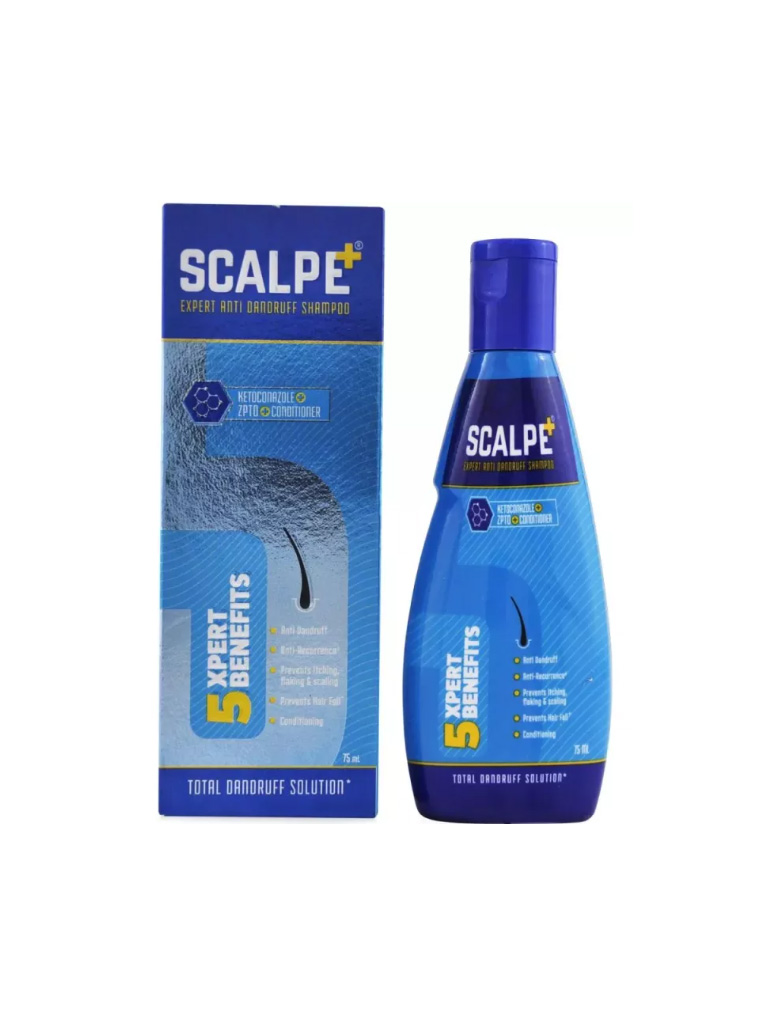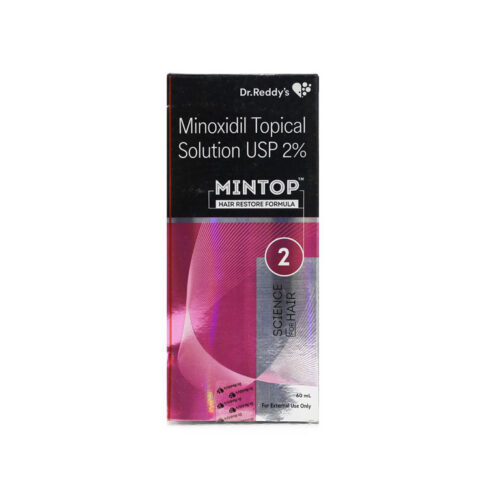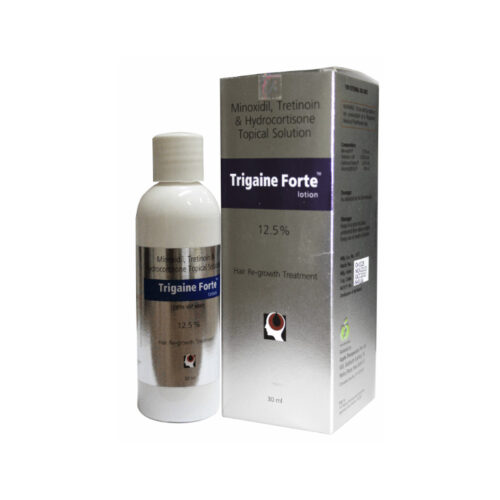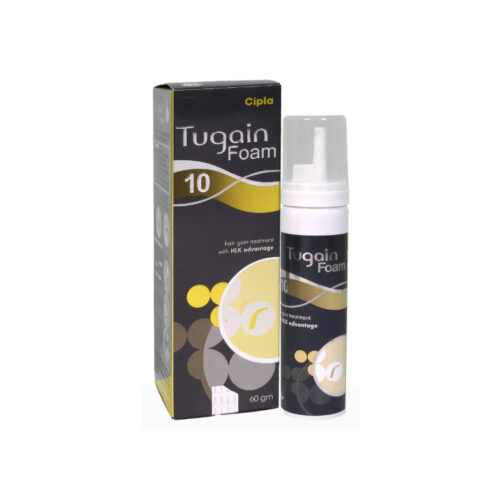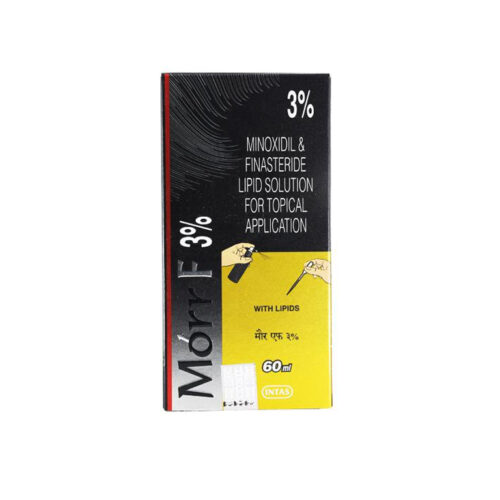Description
What is Ketoconazole 2% + Zinc Pyrithione 1% Anti-Dandruff Shampoo Scalpe Plus®
Scalpe+ Anti-Dandruff Shampoo has been in existence for more than 20 years. The brand has a proven track record in the treatment of dandruff related issues. It is based on the Ketoconazole 2% + Zinc Pyrithione 1% (ZPTO) formulation which is renowned and recognized across the globe for its effectiveness against dandruff. Scalpe Plus has earned the position of doctor’s most prescribed anti-dandruff shampoo due to its effective, consistent and tangible delivery of relief from dandruff related issues.
Ketoconazole (KET) and zinc pyrithione (ZPT) are compounds active against the Malassezia spp. yeasts, which are believed to play a major role in dandruff and seborrheic dermatitis. Side effects are minimal, Ketokonazole and Zinc Pyrithione formulations were well tolerated. It is concluded that after a 4-week treatment of severe dandruff or seborrheic dermatitis of the scalp with the Scalpe Plus shampoo success was reached in 94% of patients.
Key ingredients of Anti-Dandruff Shampoo Scalpe Plus®
Ketoconazole 2% – Ketoconazole shampoo is a medicated shampoo designed to treat fungal infections affecting the scalp. You can use it for conditions like stubborn dandruff, psoriasis, and more. Shampoos containing ketoconazole are available both over the counter (OTC) and by prescription from your doctor.
Ketoconazole shampoo is commonly a dandruff treatment, with OTC brands like Nizoral available in supermarkets or online for purchase. Dry scalp causes some dandruff, while other dandruff is actually seborrheic dermatitis. Seborrheic dermatitis may be associated with an overgrowth of Malassezia, a yeast fungus that’s naturally present on your skin. Ketoconazole can help treat dandruff by reducing fungus and inflammation.
- Psoriasis: Ketoconazole is a common treatment for psoriasis, another inflammatory skin disease that causes skin flaking, skin plaques, and redness. The yeast-like fungus often infects these skin plaques.
- Tinea infections: Ketoconazole shampoo can also treat tinea capitis and tinea versicolor. Tinea capitis is a superficial, ringworm-like fungus infection that affects the scalp. Tinea versicolor is a skin infection that’s caused by an overgrowth of a type of yeast that naturally lives on your skin.
- Hair loss: While ketoconazole is most frequently used for its antifungal properties to treat infections or conditions like seborrheic dermatitis, there is anecdotal evidence indicating that it may also help promote hair growth or reduce hair loss. One small pilot study consisting of 150 people with alopecia, for example, found that ketoconazole may be able to improve hair regrowth.
Ketoconazole can have negative side effects that you should be aware of before using it. One of the most common side effects is skin irritation, which can take the form of pimple-like bumps where it’s used. In some individuals, it may also cause either oiliness or dryness of the hair or scalp, abnormal hair texture, or discoloration. It can cause permed hair to lose its curl as well.
Ketoconazole’s effects on women who are pregnant or breastfeeding aren’t well-studied. If you’re pregnant and have concerns about using an antifungal treatment, talk to your doctor before using even the OTC version of this antifungal shampoo.
Pyrithione Zinc 1% – A better long-term solution? Pyrithione zinc (aka Scalpe+ Shampoo)! Easily the best way to treat dandruff and keep it away for good is to use an anti-dandruff shampoo with an active ingredient that tackles the root cause of dandruff. That’s where pyrithione zinc (ZPT) comes in. ZPT both removes and helps prevent the formation of scalp irritants, to keep your scalp healthy and comfortable. You’ll find ZPT in Scalpe+ Shamp0o, with Pyrithione Zinc 1%, the dandruff-fighting active can:
- Give longer lasting protection – because it’s a smaller molecule, it goes deeper into the pores, so it doesn’t rinse out and continues to protect you against dandruff long after the shower
- Clean better – the small particles help to create more lather as you wash your hair
- Leave your hair and scalp healthier – the particles spread more easily across the scalp and stay there for longer, giving your scalp the protection it needs and allowing your hair to grow from a healthier base
A unique dandruff treatment shampoo Scalpe+ combines a unique form of this magic ingredient with zinc carbonate. The formula fights flakes better than typical ZPT shampoos and improves scalp moisture. Use it regularly and you’ll not only be able to keep flakes under control, but you can also stop them from coming back.
Benefits of Ketoconazole 2% + Zinc Pyrithione 1% Anti-Dandruff Shampoo Scalpe Plus®
Scalpe Plus Anti-Dandruff Shampoo is used for the treatment, control, prevention and improvement of the following diseases, conditions and symptoms:
- Dandruff
- Flaking
- Fungal infections
- Yeast infections of the skin
- Itching
- Recurrence
- Hair fall
How to use Ketoconazole 2% + Zinc Pyrithione 1% Anti-Dandruff Shampoo Scalpe Plus®
Apply sufficient shampoo to wet hair and scalp, produce enough lather. Massage for one minute and rinse with warm water. Repeat procedure for an additional 3 minutes. Rinse with warm water and dry hair. Use once in 3 days for 4 weeks followed by once weekly as maintenance therapy.
If you’re treating the scalp, apply the shampoo to wet hair. Lather it well, giving it time to soak into the scalp before rinsing. You can then condition the ends of your hair, rinse, and dry as you normally would.
If you’re using ketoconazole shampoo on an area other than the scalp, apply it to the affected area and let it sit for five minutes. Wash it off thoroughly with water, and then dry your skin.
How often and how long you use the shampoo will depend on a number of different factors. These include the strength of the shampoo, the condition you’re treating, and the severity of your current symptoms. Your doctor may ask you to use it as often as every other day or as infrequently as once a week depending on these factors.
Before using this drug, inform your doctor about your current list of medications, over the counter products (e.g. vitamins, herbal supplements, etc.), allergies, pre-existing diseases, and current health conditions (e.g. pregnancy, upcoming surgery, etc.). Some health conditions may make you more susceptible to the side-effects of the drug.

